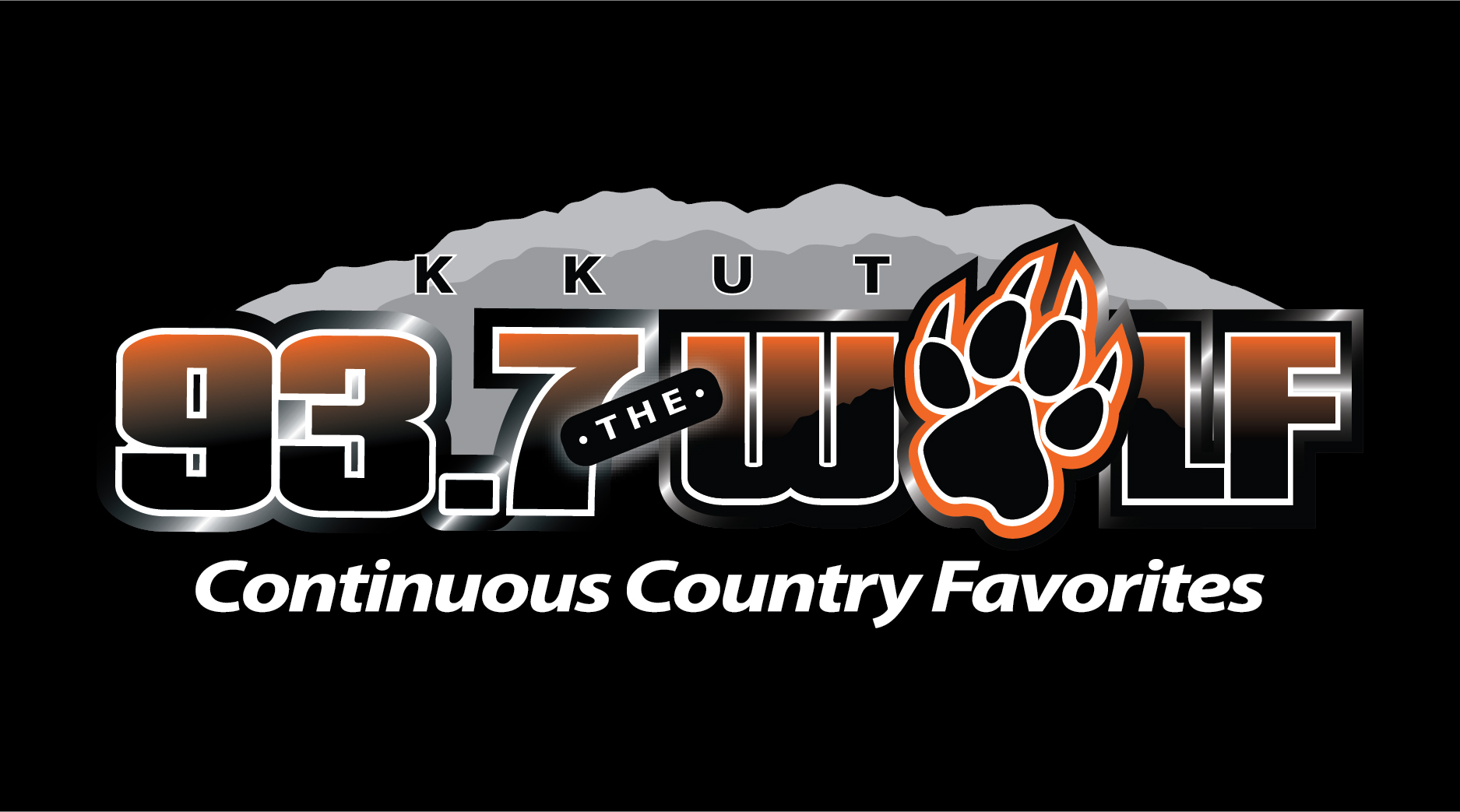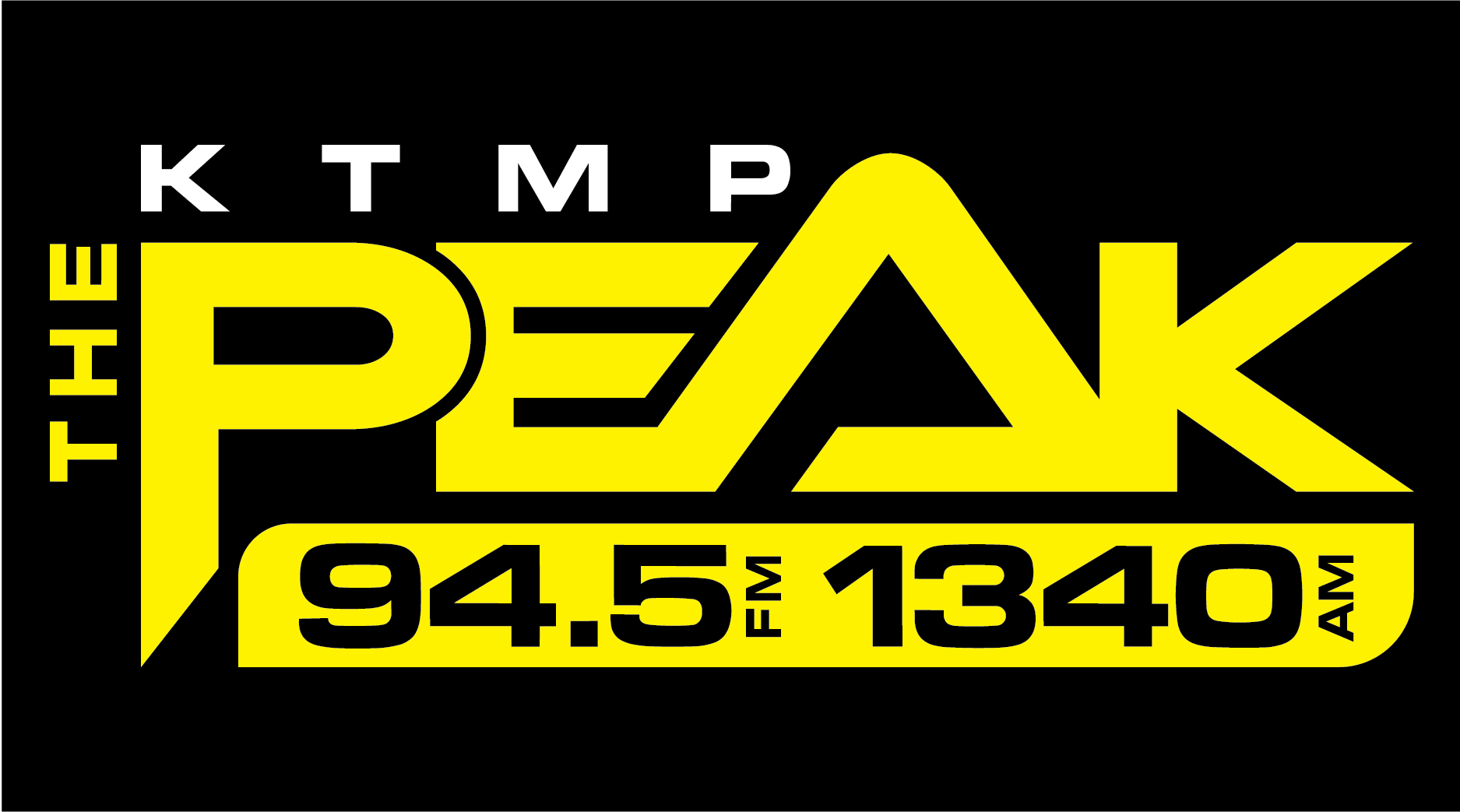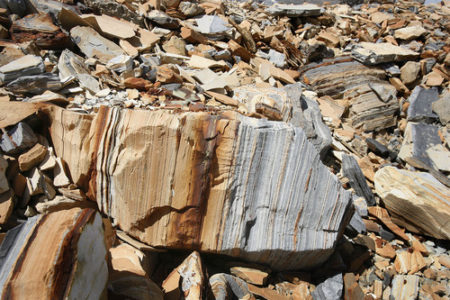SALT LAKE CITY (AP) — A coalition of environmental groups objected Tuesday to the U.S. government’s approval of the early stages of an oil shale project near the Utah-Colorado border by a company with ties to Estonia.
An intent to sue filed by a coalition including Earthjustice and the Center for Biological Diversity challenges the Bureau of Land Management’s September decision to allow Enefit American Oil to build transmission lines and pipelines on a 19-mile corridor on federal lands.
It is the first step required by law before being able to sue. The BLM now has two months to respond.
The project “would drain billions of gallons of water from the Green River, threaten endangered species and generate enormous amounts of greenhouse gas pollution,” the coalition said in a news release.
The BLM didn’t immediately have comment.
Enefit American Oil CEO Ryan Clerico said in an email that production is years away and will require additional government approvals. The company cooperated with officials during the environmental review process, Clerico said.
The approved plan is the “best environmental option,” Clerico said.
The Utah-based company is a subsidiary of Eesti Energia AS, Estonia’s national energy company. Estonia, a country of 1.3 million people, gets a major chunk of its electricity needs from oil shale.
The company has invested $60 million to date in the Utah project, which would produce an estimated 50,000 barrels a day if the site is fully built out, Clerico said. It took six years to get the first governmental approval.
Oil shale mining, also known as tan sands mining, involves higher operating costs than traditional drilling but can be profitable when crude prices are high. That’s not currently the case.
The price of crude oil was $55 a barrel Tuesday, down from a peak of $147 in 2008.
Tar sands, also called bitumen, are naturally occurring deposits of petroleum. The process involves digging sticky, black, tar-soaked sand from the ground and extracting the petroleum.
Unlike the oil that flows out of wells, the hydrocarbons in tar sands must first be separated from the dirt by mixing the stuff with hot water and solvent. The oil is then sold to refineries for eventual use as fuel or an industrial ingredient.
Oil production from tar sands has been going on for years in places such as Canada and Venezuela. Conservation groups point to the damaged lands in Canada as proof of the environmental cost of the mining. Companies such as Enefit say they can do the mining with minimal long-term impact on the lands.
Utah has long been targeted by oil companies as the next frontier for oil sands mines, but no company has made it all the way through the permitting process and to production. Low oil prices in recent years have reduced the financial incentive.








